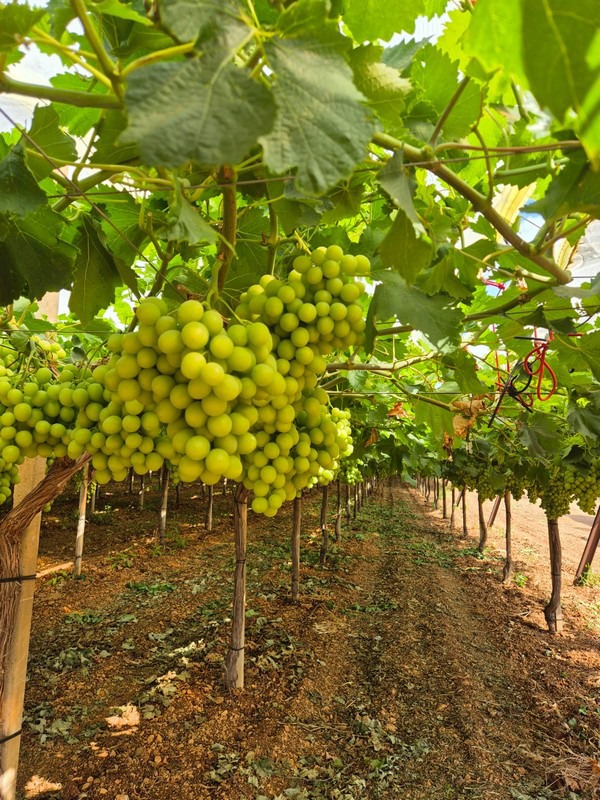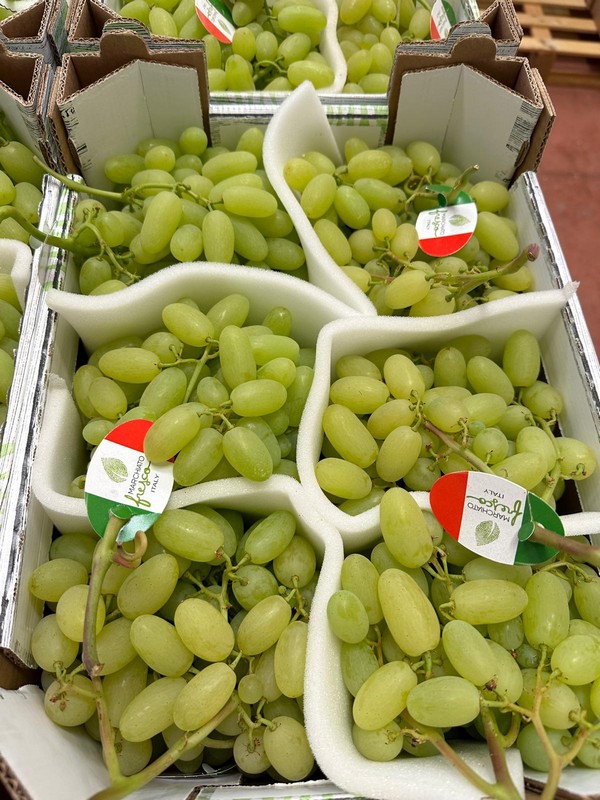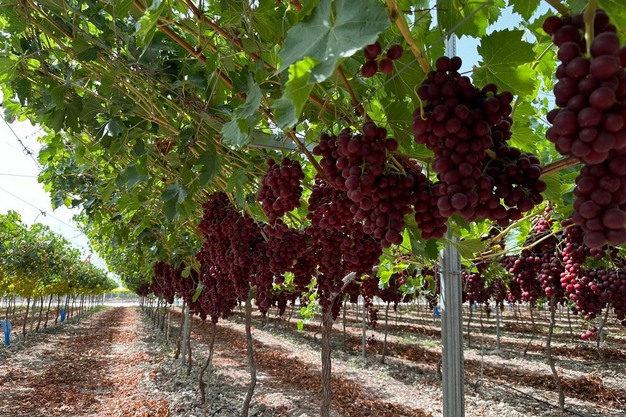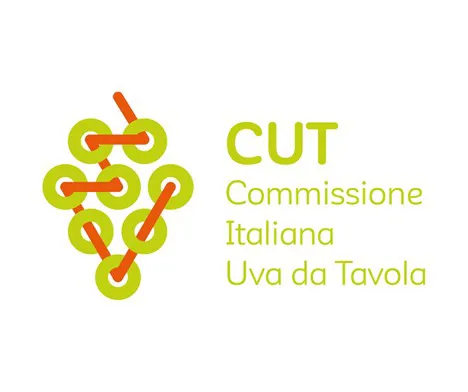The presence of Italian seedless grapes on European shelves has increased compared to a few years ago. This has also been noticed by Spanish operators, who now consider Italy to be a competitor to be aware of, also thanks to the excellent and historical quality of production and the attractive appearance of the product, which is a guarantee for buyers.
According to Donato Fanelli of the Italian Commission for Table Grapes (CUT), "the trend has clearly reversed in the last 4-5 years, thanks to varietal conversion. Italy is also starting to take a more dominant position in the supply of seedless grapes. This is a physiological trend, as seedless grapes are more readily available on the market.
In the Italian regions, the area planted with vines is much greater than in Spain (almost three times as much), but so far the vast majority of hectares have been planted with traditional varieties."
 |  |
The professionalism that has always characterised Italian growers, with high quality standards for seeded varieties, now also includes seedless varieties. For over a century, we have known not only how to produce grapes, but also how to enhance them through careful packaging," says Fanelli. Our strength lies in the heterogeneity of processing, such as bulk in wooden and cardboard trays, whereas in Spain 80% of the product is packed in baskets. To help organise the supply chain, CUT is creating a register of varieties that takes into account all the production realities of Apulia, Sicily and Basilicata. The aim is also to ensure that the development of new grapes is monitored in order to better manage the quantities placed on the market and the areas planted with seedless varieties, divided into early, medium-late and late varieties."

Spain remains an interesting competitor, but Greece, Europe's third-largest producer, is also being closely watched. "The Spanish production calendar is usually about 15 days earlier than the Italian one. But there are fears of a possible overlap in the harvest and possible difficulties if the campaigns are not enthusiastic. At a time when consumption of fruit and vegetables is falling, our country is very often at a disadvantage because the prices charged by foreign operators are always more aggressive than those of Italian operators, thanks to greater economies of scale and efficient management of the distribution chain, with supply concentrated in the hands of a few commercial entities. In Italy, we continue to see an arbitrary fragmentation of supply and the difficulty of aggregation, which has a negative impact on prices and even on the best production year."
 For more information:
For more information:
Table Grape Commission
Association headquarters
Piazza Aristotle, 21
70018 - Rutigliano (BA)
Tel.: (+39) 342 719 6429
Email: [email protected]
Web: commissioneuvadatavola.it










